【文化释说英文有声书】第二篇 道友相逢 不亦悦乎(二)
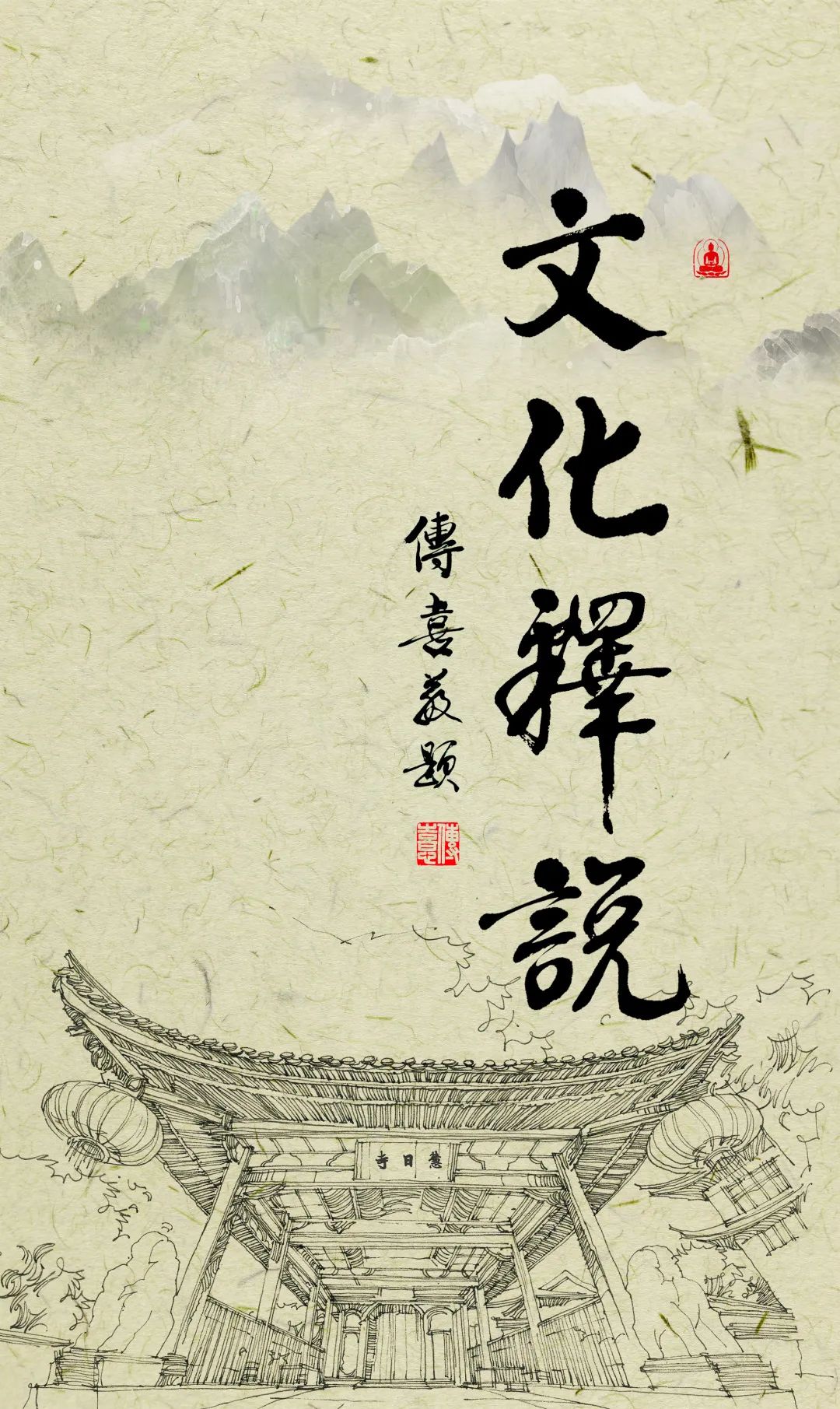
二、道友相逢 不亦悦乎
Two – The meeting of two people who both practice the Dao – is not that delightful?
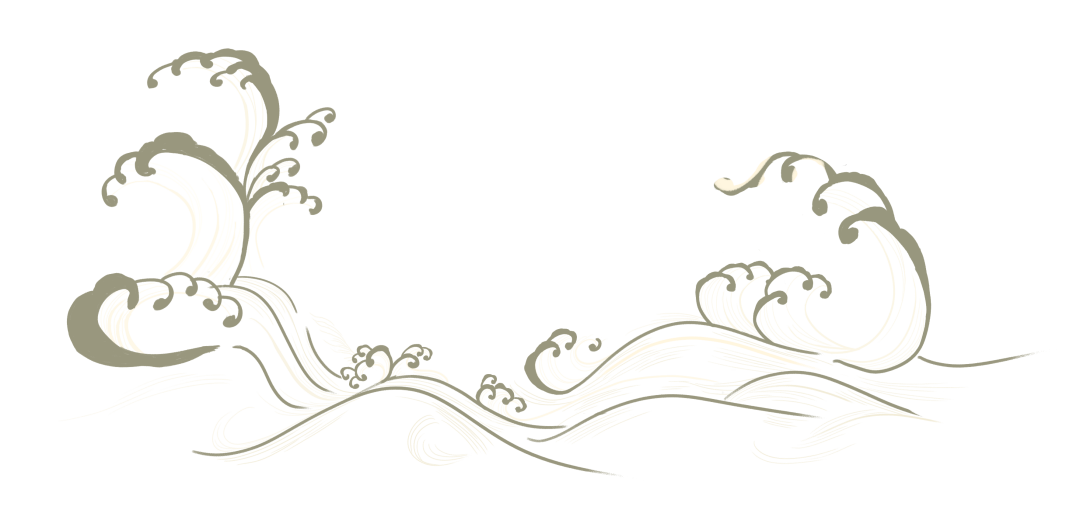
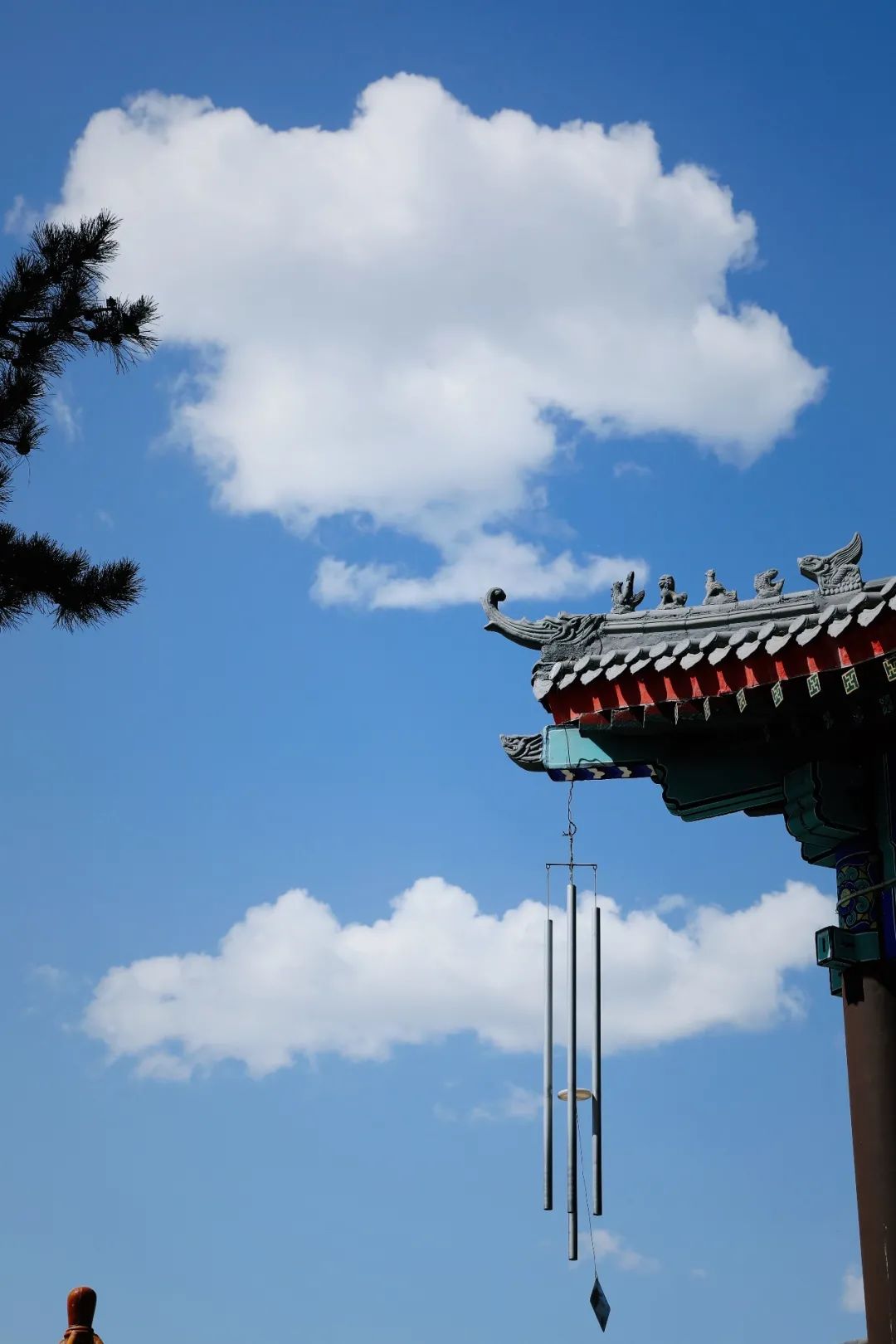
《道德经》开篇就说:道可道,非常道,名可名,非常名。佛教也讲: 言语道断,心行处灭。所以讲出来就不是“道”了。心思一起念,就不是“道”了,甚至儒学也讲:道也者,不可须臾离也,可离,非道也。但是,你又不能起心动念,“喜怒哀乐之未发,谓之中”,“中” 就是“道”。
The opening verses of the Dao De Jing say, ‘The Dao that can be spoken of is not the eternal Dao, the name that can be named is not the eternal name.’ It is also said in Buddhism that the Dao is beyond words as all mental fabrications are to be transcended. Therefore, whatever that is spoken of is no longer the Dao. Whenever ideation arises, it is no longer the Dao. It is even said in Confucianism, ‘That which is called the Dao cannot be separated from for an instant; that which can be separated from is not the Dao.’ However, you are not supposed to give rise to any mental formation and ideation. ‘When joy, anger, sorrow and pleasure have not yet arisen, this is called the Mean (中 centeredness, equilibrium).’
《中庸》说:天命之谓性,率性之谓道,修道之谓教。天命是什么? 我们讲“天”,每个人对“天”的解读是不一样的。如果“天”是百分之百的话,我们对这个百分之百的“天”的领会,有可能是 1%、2%, 这 1%、2%都不能代表百分之百的“天”。古人说盲人摸象,你不能说盲人没有摸到象,他摸到的是象的一部分。
The Doctrine of the Mean says, ‘What Heaven ordains is known as ‘nature’; accordance with this nature is known as the Dao; practising the Dao is known as ‘cultivation’. What is the ordinance of heaven? The ‘heaven’ that we speak of is not understood in the same way for everyone. What we apprehend might only be one or two percent of what heaven really is. This one or two percent is not representative of what heaven fully is. As in the ancient parable about the blind men touching and feeling the elephant, you cannot deny that the blind men did manage to touch the elephant. What they felt was only a part of the elephant.

我们探索“天命之谓性”。我个人几十年对中华文明研究,得出这样一个感悟,中国的文字叫“文以载道”,在表述“道”的时候, 开篇即是最高的。
Let us explore ‘what Heaven ordains is known as ‘nature’’. The comment I want to make after having studied the Chinese culture for several decades is this: for the Chinese, ‘words are for carrying the Dao’. In describing the Dao, the opening passage is of utmost importance.
《道德经》第一章: 道可道,非常道;名可名,非常名。最初一读不知所云。《中庸》开篇:天命之谓性。首先什么是“天命”?不少人考试会不及格,过不了这一关。后来发现,《道德经》该倒过来, 从第八十一章学起,学到最后你就明白第一章是什么意思了,至少也从第二章学:天下皆知美之为美,斯恶已;皆知善之为善,斯不善已。还能找个入处。
The first chapter of Dao De Jing says, ‘The Dao that can be spoken of is not the eternal Dao, the name that can be named is not the eternal name.’ On the first reading, we are at a complete loss as to what is being said. The opening passage of The Doctrine of the Mean says, ‘What Heaven ordains is known as ‘nature’.’ First of all, what is it that Heaven has ordained? Most people fail the test because of the difficulty here. It is only later that they find out the Dao De Jing should be read in reverse, with Chapter 81 as the beginning. You will then find in the end of your practice what is meant by the first chapter. At the very least, start from the second chapter: ‘when the people of the earth all know beauty as beauty, there arises (the notion of) ugliness; when the people of the earth all know good as good, there arises (the notion of) evil.’ A point of entry can still be found.

孔老夫子就特别慈悲,《论语》第一句:学而时习之,不亦悦乎? 学生跟着老师,跟着懂“道”的老师,天天学“道”,这是很快乐的事情。开头不讲“道”,而是说:学生跟着有“道”的人学习“道”, 是一件很快乐的事情。这个“学”与“习”也是在说和老师一同参悟天地之大道。
Confucius is especially compassionate. The first sentence in The Analects: says, ‘To study and practice what one has studied, is this not a pleasure?’ When a pupil follows a teacher who knows the Dao, and learns the Dao from him daily, it is something very pleasurable. Right from the beginning, the Dao is not spoken of. Instead, it is said it is a pleasure for a pupil to follow a person who knows the Dao and to learn the Dao from him. This ‘learning’ and ‘practicing’ also mean that the pupil is in contemplation of the Great Dao of heaven and earth together with the teacher, gaining enlightenment as the common goal.
第二句:有朋自远方来, 不亦乐乎?“朋”,从仓颉造字来分析, 是两个“月”,比喻品行优良且志趣相投的结交者;若依“道”学的角度来认识这两个“月”却不尽相同。从中庸上来说,第一个“月” 就是天命,是真理的本体,第二个“月”是对真理的学习,一个是客观一个是主观,但客观是百分之百的真理,是“道”;第二个“月” 是对“道”的探索,是接近真理的人。所以这两个“月”在一起是指有追求道德的人自远方来见面,这是天底下最开心的事。佛教讲“道友第一亲”,“道友”即可指“朋”,在这里特指修“道”的人,跟着有“道”的人学习“道”的学问,道友相逢,是很快乐的事。
The second sentence says:‘When friends come from distant places, is this not joyful?’ The character for ‘friend’ (朋) - when we analyze with the Cangjie Character Input Method - consists of two ‘moons’ (月), which signify the coming together of two people who are both wholesome in character and conduct, and who share the same aspirations and interests. Seen from the perspective of one who studies the Dao, the two moons are not completely the same. From the viewpoint of the Doctrine of the Mean, the first月represents that which heaven bestows – the essence of truth; while the second is the study and practice of the truth. One is objective while the other subjective. That which is objective is the complete truth - the Dao. The second月 is exploration of the Dao – those who try to reach the truth. So the coming together of the two月stands for the arrival from afar of one who pursues virtues and morality - this is the most joyful thing in the world. In Buddhism, it is said that the thickest of relations is one’s companion in the Dao. One’s companion in the Dao can also be referred to as a friend. Here, it is meant specifically that one who practices the Dao follows another person who knows the Dao to learn from him. When two companions in the Dao meet each other, it is a very joyous occasion.

《论语》其实很适合拍成电影,由此可以想象一个生活化的场景: 一群学生跟着一个有“道”的人——通达“天命”的人学习,这也是人生中最为快乐的事。反过来,孔夫子说:得天下英才而教授之,乃人生一大乐也。老师得到好学生,好学生跟着好老师,又是这样一幅人生画面。并非自己闭门造车,而是“有朋自远方来”,是有“道” 的人天涯若比邻。
The Analects can be easily made into a movie, especially with the following everyday scene: a group of disciples following after a person who knows the Dao – one who can apprehend heaven’s ordinance. This is also the happiest moments in one’s life. Confucius said in reversal, ‘To be a teacher to the talents of the world, this is one of life’s greatest pleasures.’ For a teacher to have a good disciple, and a good disciple to follow after a good teacher, that is an everyday scene easy to picture. One does not keep one’s knowledge to oneself. Instead, ‘when friends come from distant places’, they are like one’s neighbours although they come from afar as they bring the Dao with them.
就像王羲之笔下的《兰亭序》,群贤毕至 , 曲水流觞,吟诗歌赋, 是天地间多自在的一件事啊!所以,《论语》是以生活化的场景开始的。佛教的《金刚经》也有同样的描述。午时,释迦牟尼佛着衣持钵, 入于舍卫国大城,次第乞食。写了一个现实生活中的人,到了吃午饭的时候,手里捧着一个钵,入到城中,挨门挨户乞讨。斋饮过后, 再把钵洗净放好。
It is like The Preface of the Orchid Pavilion by Wang Xizhi: as a group of noblemen congregate, they write poetry and sing, with wine bowls flowing along the winding stream. That is one of the most carefree things to do in the world! Therefore, The Analects begins with an everyday scene. The Buddhist Diamond Sutra has also the same manner of description: it is noon and Buddha Sakyamuni, in his robes and with his alms-bowl in his hands, enters the great city of Sravasti to beg for alms orderly from house to house. This describes how a person in real life, come noon and time to eat, enters a city with his alms-bowl in his hands to beg for food from house to house. When he is done with his meal, he washes his alms-bowl and returns it to its proper place.
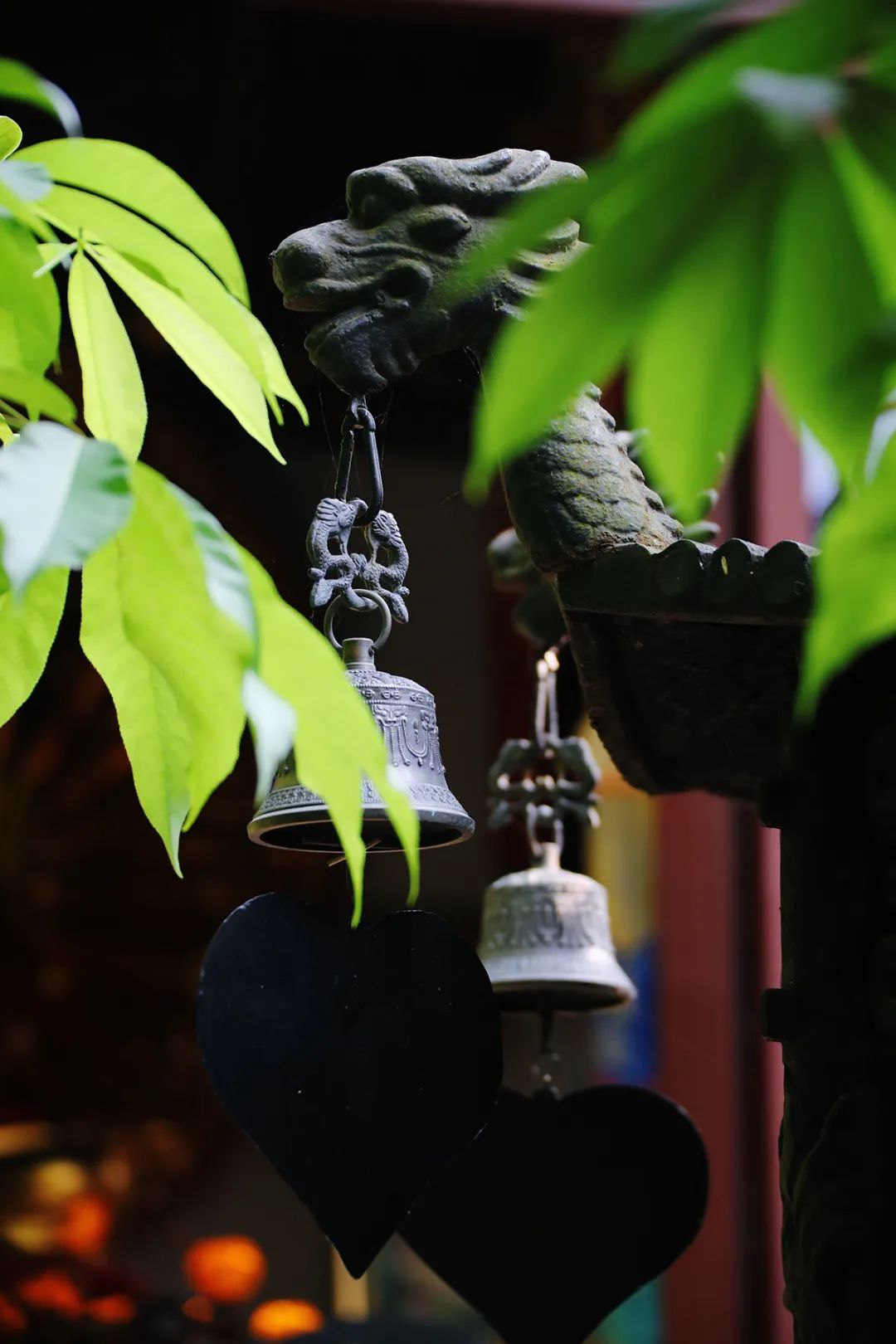
印度人都是光脚的,大家吃过饭了,把脚洗一洗,盘腿坐下来, 不能没事干,因为佛教里说:食存五观,“计功多少,量彼来处;忖己德行,全缺应供;防心离过,贪等为宗;正事良药,为疗形枯;为成道业,故受此食。”首先吃饭就很惭愧,因为这是别人的劳动成果, 我凭什么吃?这就是佛教吃饭的正念。
Most Indians go around barefoot. When everyone has eaten, they will wash their feet and sit with legs crossed. They should not be idling around because in Buddhism, it is said that one should be engaged in the Five Contemplations when eating: to reflect on how many meritorious deeds one has done, and to think about where the food has come from; to reflect on how one has behaved morally and conducted oneself to deserve such food offerings; to not let one’s mind go astray in the event of which one gives in to feelings like greed (for food); to rightly view food as medicine for the impermanent physical body; and to view food as just physical sustenance to help one to accomplish on the path to enlightenment. The first thing to do when eating is to repent because this food is the result of the labour of someone else: what has one done to deserve it? This is the rightful frame of mind to have when a Buddhist eats.
吃过了之后,还是问“道”,释迦牟尼的弟子须菩提起身出来, 偏袒右肩,跪下合掌,请问佛陀。这依然是非常普通平凡的生活场景, 充满了画面感,拍电影可以拍出镜头感,而不是说释迦牟尼佛头顶一个光环,就是伟大的。
After the meal, one still has to make enquiries on the Dao. Subhuti, Buddha Sakyamuni’s disciple, stands out from the others, bares his right shoulder, kneels down and brings his hands together to request the Buddha to teach. This is still very much a common everyday scene which one can picture easily. It can be readily put on screen. It does not mean that there has to be a halo around the Buddha’s crown in order to demonstrate his greatness.

千年龙松
Thousand-year-old dragon pine
因为面对的人物不一样,须菩提就祈问佛陀:您也托钵入城乞食, 也吃饭、洗碗,也坐。您是佛,我们是弟子,我们也跟您一样,为什么我们没有成佛呢?
Faced with someone who is different from the rest, Subhuti asks of the Buddha, ‘Like us, you also carry with you your alms-bowl to go into the city to beg for food. You eat, wash your alms-bowl, and sit just like us. We are the same as you. Why is it that we have not obtained Buddhahood?’
请问佛跟凡人、老师跟徒弟到底有什么不一样?是因为老师觉悟得不一样,内心的领悟不一样,对天命的理解不一样,他领悟的是“天命之 谓性”,佛叫阿耨多罗三藐三菩提 ,中国话叫无上正等正觉。换成现代统计学的概念,就是佛陀已经百分之百地通达天命。我们呢? 盲人摸象。科学探索告诉我们,宇宙由普通物质、暗物质、暗能量组成。人类通常观测到的是普通物质,这些普通物质只占宇宙的5%,暗物质占25%,暗能量占70%。我们对宇宙的真相只知其 5%, 95% 的宇宙真相是未知的。佛,深知宇宙真相,了悟宇宙大道。完全通达“天命之谓性”的,只有佛、圣贤和那些证悟正等正觉的老师。
Why is there a difference between the Buddha and the ordinary worldling, or the teacher and the disciple? This is because the teacher has made a different realization – what he has experienced internally is different, and what he has understood of the ordinance of heaven is different. He has discovered that ‘what heaven ordains is known as ‘nature’’; this, the Buddha calls it samyaksambodhi (‘perfect wisdom’). In Chinese, it is known as ‘unsurpassable perfect enlightenment’. To explain it in present statistical terms, it means that the Buddha has a 100% understanding of the ordinance of heaven. And how about us? We are like the blind feeling the elephant. Discoveries made in the sciences tell us that the universe is made of ordinary matter, dark matter, and dark energy. What humans mostly observe is ordinary matter which makes up only 5 percent of the universe. Dark matter makes up 25 percent of the universe while dark energy 70 percent. We know of only 5 percent of the reality of the universe while 95 percent of it is unknown. The Buddha has profound knowledge of the reality of the universe, and knows and understands the great Dao of the universe. Only the Buddha, the noble sages, and those who have gained perfect enlightenment, fully comprehend ‘what heaven ordains is known as ‘nature’’.

“率性之谓道”,明白的人不违背于“天命”,时时与天命合一, 这就是他生命的轨迹,是法轨,佛教里叫皈依佛。佛是圆满的人,法是真理是规则,是我们的人生要按照这个法规去行持。所以,“修道之谓教”。
Accordance with this nature is known as the Dao’ – one who comprehends does not go against Heaven’s ordinance and is in union with it at every single moment. Such is the trajectory of his life - the way of the Dharma, which in Buddhism is known as taking refuge in the Buddha. The Buddha is the perfect human being, and the Dharma the epitome of truth. We are to lead our lives and conduct ourselves according to the course of the Dharma. As such, ‘practising the Dao is known as ‘cultivation’’.
作为一个领悟“道”的人,一个遵循着“道”的人,他会帮助别人也来了解“道”,叫“修道之谓教”,教化就这样产生了。就像有人问我:“我们去极乐世界干吗呢?是不是没事就在那里乐?”或者说, 有人学问很高,他是天天陶醉在自己的学问里,还是会去帮助别人? 这就能看出人性里本有的优良品德。
A person will also help others understand the Dao when he himself has realized and follows it. This is ‘practising the Dao is known as cultivation’. Cultivation and transformation are thus given rise to. Just like someone who has asked me, ‘Why do we want to go to the Pure Land? Is it because so that we can do nothing there and just be happy?’ There are also those who are very highly learned – would they indulge in their own knowledge every day or would they be helping others? From this, we can see whether they have the moral wholesomeness humans originally possess.

社会上的大多数人,都属于“修道之谓教”,我们有了文字、教科书, 本来“道”是不可言说的,甚至中国禅宗里说:不立文字,教外别传,言语道断,心行处灭。“道”是不可言说的,但仍勉强去说,就是因为不忍众生苦,不忍心众生不明白大“道”的状态,徒生徒死,毫无意义,甚至自己造作恶业,害己害人,祸乱社会。这就是圣人教化的心怀,是仁慈的心怀,佛教称之为慈悲。
Most people in our society ‘practise the Dao [and in so doing are engaged in what] is known as cultivation’. Although it has even been said in Chinese Chan Buddhism that the Dao is not based on the written word, is a special transmission apart from the Buddha’s teachings, is beyond language, and transcends mental fabrications; once we have the written word and textbooks, attempts have been made anyway to speak on it even though it could not be spoken of. This is because one cannot bear to let myriad beings suffer, have them not understand the state of the great Dao, go through meaningless rebirths and deaths, create bad karma to harm not only themselves but others as well, and bring misfortune and chaos to society. This is the good intention of the sages who teach and transform – an intention which is borne out of a sense of humanity and kindness, which in Buddhism is called loving-kindness and compassion.
有学者说,《中庸》一书的核心有两个字:仁与诚。“仁”是老师的状态,老师对社会如果没有承担,对众生如果没有仁慈,就不会把自己体悟的“道”告诉众生。弟子跟着孔老夫子,游山川观风景, 夫子说:吾无隐乎尔。
There are scholars who say that there are two components at the core of The Doctrine of the Mean: benevolence and integrity. ‘Benevolence’ is the state being of the teacher. If the teacher does not take it upon himself to be answerable to society, and does not feel a sense of humanity and kindness towards myriad beings, he will not share his realization of the Dao with myriad beings. As they were enjoying the scenery of the mountains and creeks, Confucius told his disciples who had followed him on his travels, ‘I have hidden nothing from you.’

《论语》开篇就讨论学习,这是人生快乐的事,是弃暗投明,不明白“道”叫无明。所以“大学之道”在“明明德”,在“亲民”, 在“止于至善”。人生最高的学问就是明白“道”,明白那个“明德”, 安住在“明德”里,“止于至善”。“止于至善”有两个:一是自己止于至善,一是令众生也止于至善。
There is a discussion of learning at the beginning of The Analects. It is a pleasurable thing in life, an ‘abandoning of darkness to become illuminated’. Not understanding the Dao is ‘the absence of illumination’ (or ignorance). Therefore, ‘the way of the Great Learning’ is to ‘make luminous one’s bright virtues’, to ‘love the people’, and to ‘stop only at ultimate wholesomeness’. The highest knowledge in life is to understand the Dao, to know those ‘bright virtues’, abide in them, and to ‘stop only at ultimate wholesomeness’. There are two sides to ‘stopping at ultimate wholesomeness’: firstly, to let oneself arrive at ultimate wholesomeness; and secondly, to let myriad beings reach ultimate wholesomeness.
英文翻译&读诵:建成


慧日国际微信工作室
往期精选:
善師贊 Praise to the Wholesome Teacher
《妙法莲华经》(五百弟子受纪品第八)(Keith美式发音读诵)
【殊胜日功德亿倍】《妙法莲华经》(化城喻品第七)(Keith美式发音读诵)
【中英双语】《妙法莲华经》(授记品第六)(Keith美式发音读诵)
超能力、折叠时空、选择觉醒还是酷炫的神通?——「慧」看电影之《奇异博士》
最新视频《祈愿Praying》全网首发,祈愿世界疾疫消除、众生吉祥安乐

什么!?慧日国际佛学平台招募义工,还不赶快报名!
我们用心选择图文,陪伴读者走过漫漫时光,如果您也怀揣信仰,
擅长英语、法语、德语、意大利语、西班牙语、葡萄牙语、俄语、韩语、日语、瑞典、挪威语、荷兰语等语种翻译,文字编辑,和图文海报设计,那就别犹豫啦!邮箱:Huiriguoji_recruit@qq.com
~随喜转发~
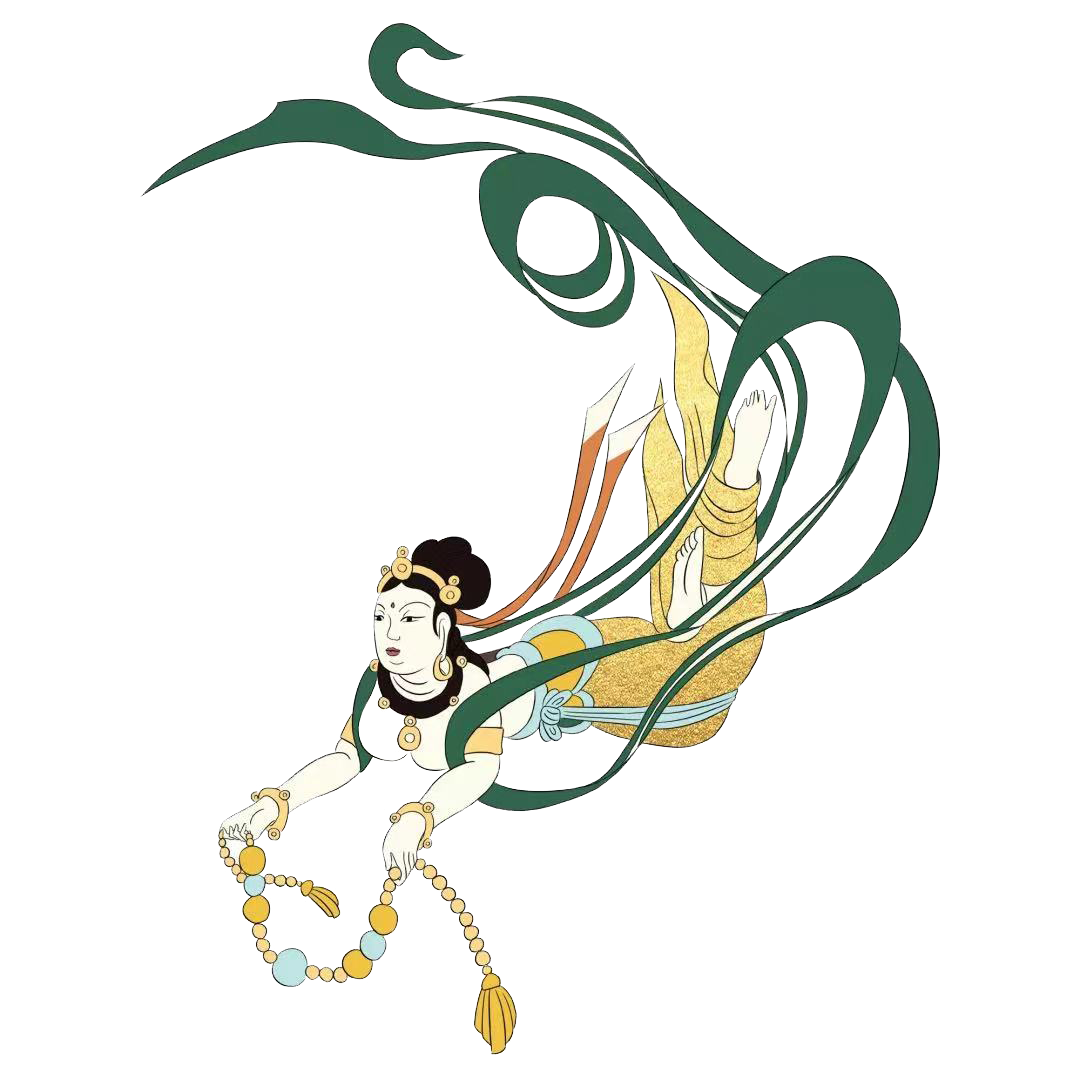


关注公众号
发菩提心
慧日国际佛学HRIB
义工招募:
如果您对微信排版、海报设计、多语种翻译有兴趣
请和我们联系吧!